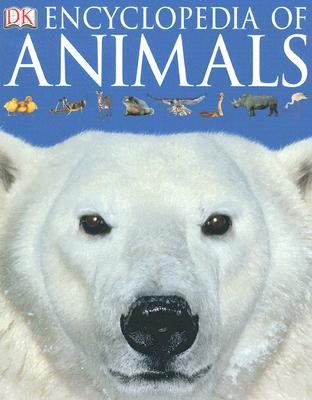Eclectic Homeschool has a great quiz
"What type of homeschooler are you?" . For some reason, I love taking quizzes! Maybe it's because I like to see confirmation of what I think I am or maybe it's because it leads me to think more about what I think or maybe it opens my eyes to new possibilities. Anyway, I think this quiz is fairly accurate!
My top 5 (all fairly high scores) were
Montessori, Charlotte Mason, unschooling, unit studies, and
classical.
To be honest, I didn't know what Montessori was, so I googled it and found it's natural, child-led learning that believes a child will learn at their own pace, and that our most important job is to teach them
how to learn and develop a love of learning. So yes, I agree with that philosophy. I was surprised Classical came up because generally I don't see myself as following the classical teaching method, but I think what put me higher on that scale was the question about Latin and logic, which I think is important (although maybe not so critical for Latin as true classical teachers would believe, but I do think logic is VERY important), and using great books from literature and history. However, I also scored high in unschooling which seems to be the direct opposite! I think maybe I just see the many benefits of the different teaching philosophies, one is not absolutely best, so I pick and choose to incorporate the various aspects from the different philosophies. Also, I firmly believe every child is unique so different philosophies will work with different kids.
So how do I mix all these styles?
We read a lot of living books rather than textbooks (Charlotte Mason)
We do dictations, copy work and narration (Charlotte Mason)
We do short lessons (Charlotte Mason) so we can have plenty of child-led free time, with various options that they can pursue in that time(Montessori, unschooling).
We use a textbook for math and will be using a textbook in addition to living books for history(traditional and Charlotte Mason)
I slip in Latin once a week and logic when I have time (Classical)
We read great classic books (Classical, Charlotte Mason), although I don't limit the kids to classics.
We do unit studies scattered throughout the year (Unit Study)
I've been incorporating an unscheduled week every few weeks for child-led learning. (Unschooling)
We use videos to supplement (Not any particular philosophy but it would not sit well with a true classical or Charlotte Mason method)
Any purist from each of these philosophies would probably say I'm not actually using that method at all because it's not complete, so maybe the only classification I can truly claim is "eclectic". They all have their benefits, so it's hard to choose one that is 'best' for us.














.jpg)
.jpg)
.jpg)
.jpg)
.jpg)


